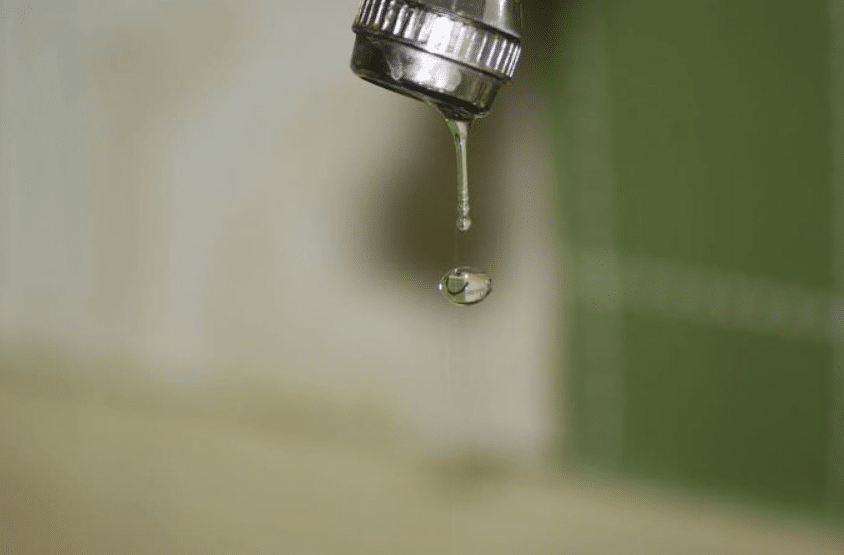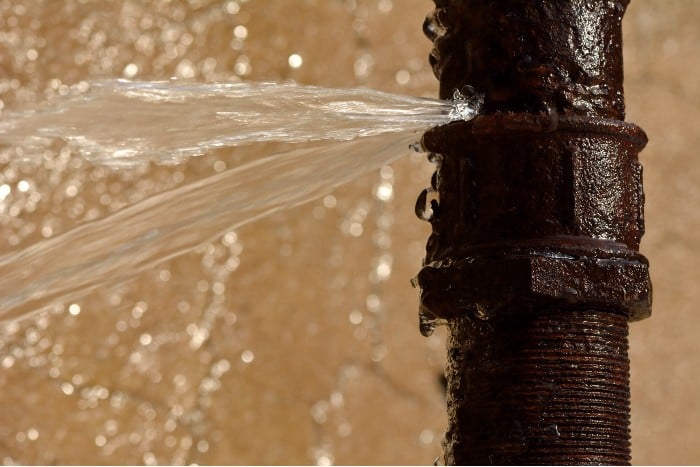The Six Most Common Water Leaks in Your Home: Causes and Solutions
The Six Most Common Water Leaks in Your Home: Causes and Solutions
Blog Article
Just how do you really feel on the subject of Most Common Causes of Leaky Pipes?

Leakages not just create waste of water but can likewise cause unnecessary damage to your house as well as promote unwanted natural development. By looking and recognizing for day-to-day circumstances that cause leakages, you can secure your residence from future leaks and unnecessary damage.
Instantaneous temperature level modifications.
Severe temperature adjustments in our pipes can cause them to broaden and contract all of a sudden. This growth and also tightening may create splits in the pipes, particularly if the temperature level are below cold.
Corroded water systems
As time passes by, your plumbing system ages and also deterioration such as corrosion may begin eating away the pipes. This could be the source of discoloration or bending on your water pipes. This calls for an assessment with your plumber quickly. Think about changing the pipelines because they are at a higher danger of corrosion than the newer models if our plumbing system is old.
Defective Pipe Joints
The factor at which your pipes link is often the weakest web link in the waterline. Pipeline joints can degrade in time, causing water leaks. Sadly, most of pipeline joints are not easily noticeable. If you have noisy pipes that make ticking or banging noises, particularly when the hot water is switched on, your pipeline joints are probably under a lot of pressure. It is recommended to have your plumber inspect your system once a year.
Encroaching origins
The majority of water leakages begin outside the house instead than inside it. You might see damp patches or sinkholes in your lawn, and that may imply that tree roots are invading water lines causing water to seep out.
Poor Water Connectors
At times, a leakage can be triggered by loose tubes and pipelines that supply your home appliances. Most of the time, changing is what creates the loose water Links. You may find when it comes to a cleaning device, a hose may spring a leak because of trembling throughout the spin cycle. In case of a water connections leakage, you might observe water running directly from the supply line or pools around your devices.
Blocked Drains
Blocked drains could be aggravating as well as inconveniencing, yet they can often wind up causing an overflow bring about burst pipelines. Keep eliminating any kind of materials that might go down your drains that can clog them to stay clear of such aggravations.
All the above are root causes of leaks but not all water leakages arise from plumbing leaks; some leaks could originate from roofing system leakages. All leakages should be fixed immediately to stay clear of water damage.
Leaks not only create waste of water but can likewise create unnecessary damage to your house as well as advertise unwanted organic growth. By looking and also understanding for everyday circumstances that create leaks, you can safeguard your residence from future leakages and unnecessary damage. Today, we will certainly look at 6 leak triggers that might be creating your pipes to leak.
At times, a leakage can be created by loosened hoses and pipes that provide your home appliances. In instance of a water links leak, you may observe water running straight from the supply line or pools around your devices.
How To Check For Water Leak In Your Home
How To Check for Leaks
The average household's leaks can account for nearly 10,000 gallons of water wasted every year and ten percent of homes have leaks that waste 90 gallons or more per day. Common types of leaks found in the home are worn toilet flappers, dripping faucets, and other leaking valves. These types of leaks are often easy to fix, requiring only a few tools and hardware that can pay for themselves in water savings. Fixing easily corrected household water leaks can save homeowners about 10 percent on their water bills.
To check for leaks in your home, you first need to determine whether you're wasting water and then identify the source of the leak. Here are some tips for finding leaks:
Take a look at your water usage during a colder month, such as January or February. If a family of four exceeds 12,000 gallons per month, there are serious leaks.
Check your water meter before and after a two-hour period when no water is being used. If the meter changes at all, you probably have a leak.
Identify toilet leaks by placing a drop of food coloring in the toilet tank. If any color shows up in the bowl after 10 minutes, you have a leak. (Be sure to flush immediately after the experiment to avoid staining the tank.)
Examine faucet gaskets and pipe fittings for any water on the outside of the pipe to check for surface leaks.
Undetected water leaks can happen without the home or business owner even realizing. If you suspect a water leak, but not able to find the source. It is time to contact a professional water leak detection service, The Leak Doctor.
How To Find a Water Leak In Your Home
https://www.leakdoctor.com/blog/How-To-Check-For-Water-Leak-In-Your-Home_AE197.html

Do you appreciate reading up on How to Find Water Leaks? Try to leave a review further down. We would be glad to find out your ideas about this piece. We are looking forward to see you back again in the future. So long as you liked our blog entry please be sure to share it. I enjoy reading our article about Most Common Causes of Leaky Pipes.
Call Today Report this page